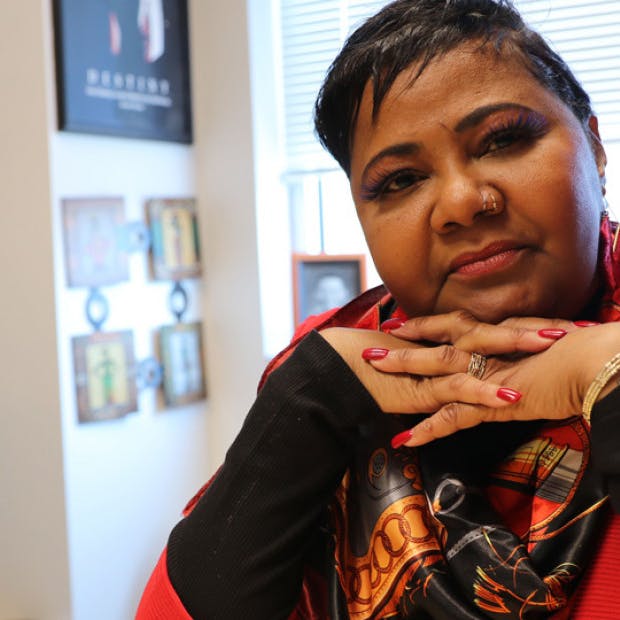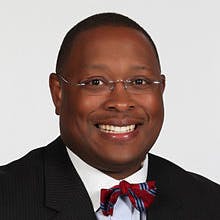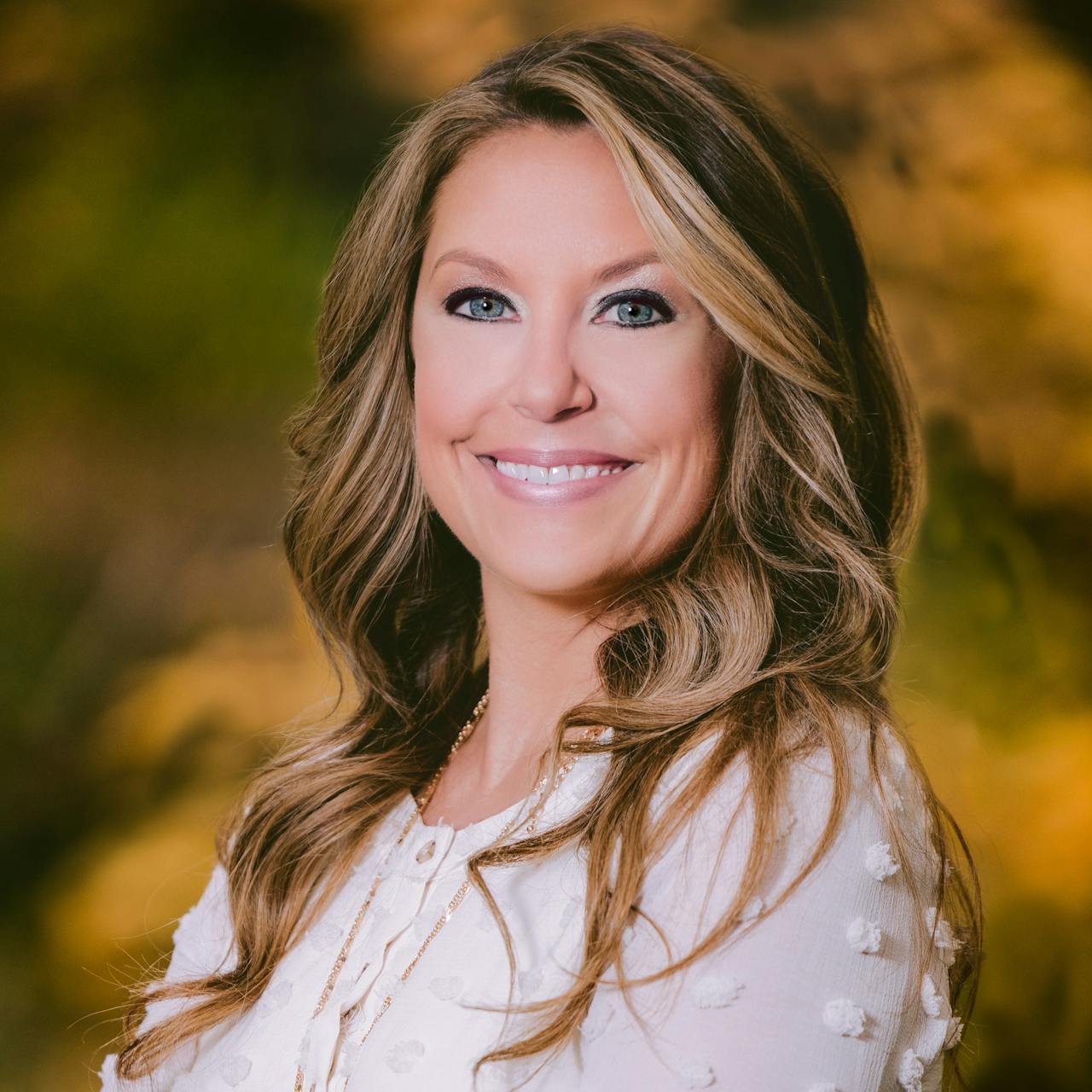Rightfully so, much has been written and discussed about the need to increase the representation of Black and other minoritized educators in P-12 and higher education. Rather than reiterating this dire need, we decided to hone in on allyship – developing and collaborating with white students given that they are the majority of educators at all levels. We must reach out to the roughly 85% white world of professors/faculty and teach the majority white college student population in colleges and universities. The three of us joined in this short piece to model and share our insights relative to collaborating as advocates and allies working on the mutual goal of being and developing anti-racist, equity-oriented, and culturally responsive educators from all racial and ethnic backgrounds.  Dr. Donna Y. Ford
Dr. Donna Y. Ford
Ford: As a Black scholar, I offer no apology for being angry about and taking on racism in word and deed. I have voiced my righteous outrage in hundreds of publications and thousands of presentations/interviews in the spirit of making ‘good and necessary trouble’ in educational settings – general, gifted and talented, special education, and counseling. Racism is ingrained in every iota of these contexts — miseducation (Carter G. Woodson), educational malpractice (James L. Moore III), and curriculum violence (Ighodaro & Wiggan).
For Blacks in the U.S., racism has been a pandemic since 1619; while there is some progress and reason to be optimist, there is also reason to remain steadfast and proactive about preventing racism”. Arthur Levine asserted that “the equity issue should be as important to education schools as AIDS or cancer is to medical schools” (p. 3). That was 2004; since 2019, COVID can be added. Out with the old (racism) and in with the new (racism) is an all too familiar cycle. I was flabbergasted to learn this month – March 2022 — that the Senate just passed an anti-lynching bill. #WTF!
I refuse to succumb to Racial Battle Fatigue (William Smith). So, I write and speak up, which are cathartic for me. I teach with conviction and desperation to prepare current and future education professionals of color to be empowered and white ones to be staunch allies. As an assistant professor, I risked promotion and tenure by being vocal about racism, particularly in gifted and talented education. At every opportunity, I was demanding that Black and other minoritized people fight to end racism. I will never forget an older white female pulling me aside, after my keynote presentation, stating matter-of-factly: “Racism will end when whites want it to end.” She encouraged me to recruit whites as allies in battling to end the problem they have created and maintain today. I also know the crucial need to collaborate with like-minded, equally dedicated Black scholars.
Moore: I come to this work of dismantling school-based discrimination with attention to the head (thinking, beliefs, attitudes, values) and heart and soul (emotions and feelings). Recruiting student-allies to end injustices cannot take place without affective-oriented commitment, such as empathy and compassion. When thinking and feeling are seamlessly complementary, there is more than enough power and empowerment, agency, and cultural efficacy to take on their own and others’ unearned white privilege, faulty stereotypes, and disregard for students and clients of color. Our work as school counselors must not be culturally assaultive on the one hand and ‘cultureblind’ (Donna Y. Ford) on the other.  Dr. James L. Moore III
Dr. James L. Moore III
I learned early on that education (at all levels) is a training ground for helping students/learners to be agents of change –disrupters, transformers, reformers – through focused, rigorous, and culturally responsive teaching, scholarship, and programs. That’s where the hope lies in education. Academic settings are our stage, our pulpit, our ministry, our calling to ‘teach to transgress’ (bell hooks), to challenge the status quo. It is our obligation to be assertive and proactive educators who stay the course in developing current and future professionals to be conscientious advocates and allies guided in the ageless philosophy of ‘do no harm’. As Black individuals and professors, we are proud of the many successes of former and current students.
Parsons-Christian: As a white individual and professional, if I claim to be unapologetic in the world of social justice advocacy, it begins with shedding light on the harsh realities that many do not recognize or refuse to recognize. white professionals must make a lifelong commitment to interrogating and combating the perpetual problem of having a white gaze at every level and within all facets of personal and professional work. It is unethical and dangerous to engage in anti-racist advocacy without having close relationships and mentors with Black leaders and scholars.
Personal experiences early in childhood and throughout life have shaped my career trajectory and passion for increasing awareness of and knowledge about the importance and implications of being an equity conscious trainer, supervisor, practitioner, and change agent in counselor education. An unapologetic ally has a fierce desire to contribute to empirical research that produces outcomes that provide evidence on how ethnocentrism is interwoven and embedded into humans’ individual and collective mindsets. We must understand and interrogate personal, and systemic and institutional racism while simultaneously combatting existing hegemonic structures.
In the summer of 2021, at the recommendation of a cohort member, I enrolled in a course Dr. Ford was teaching on anti-racism and culturally responsible practices in education. That summer, meeting Dr. Ford profoundly transformed my identity and perspectives on continuing this journey. Being challenged to reflect deeply on the prejudice, racism, and discrimination I have witnessed sparked a level of sorrow and fury for what I can only imagine people who do not hold privileged identities go through daily; and, thus, forcing myself to be held accountable in all the ways I inevitably contributed to the cycles of systemic oppression. It does not matter how many courses I take, how much I have or will continue to embed myself in other cultures, or whether I have close relationships with people of color. My very presence as a white female with blond hair and blue eyes can trigger others. The toll that multigenerational racialized trauma takes on marginalized individuals, families, and communities does not always discriminate between those white people who are co-conspirators and those who are the oppressors. Erin Parsons-Christian
Erin Parsons-Christian
We do not get to choose or control how others see us and experience our presence. We can only do our best to show up in ways that send an unequivocal message about our values and how our actions demonstrate what it means to be an advocate.
The culmination of experience I have had prior to entering the counseling profession coupled with witnessing countless instances of individual and institutional racism as a licensed professional for almost 15 years informs my perspectives. It is the horrific and unforgettable images of standing in the street as police racially profile or witnessing how a single ruling made in a courtroom changes the trajectory of a young life forever. It is being powerless to successfully intervene as an advocate only to fail repeatedly due to the harsh reality that one person alone cannot change a person’s life outcomes. There are no protectors or saviors here.
Those who hold privileged identities do not alone get to choose how to be social justice advocates. As Drs. Ford and Moore have discussed herein and modeled in the academy, it is definitely through the teaching, mentorship, and council of minoritized leaders can we engage in this necessary and impactful work.
Dr. Donna Y. Ford is Distinguished Professor of EHE in the College of Education and Human Ecology at The Ohio State University.
Dr. James L. Moore III is Vice Provost for Diversity and Inclusion and Chief Diversity Officer in the Office of Diversity and Inclusion and Executive Director of the Todd Anthony Bell National Resource Center on the African American Male at The Ohio State University. Moore is also a Distinguished Professor of Urban Education, College of Education and Human Ecology at The Ohio State University.
Erin Parsons-Christian is a doctoral student in Counselor Education & Supervision at The Ohio State University.
This content was originally published here.



Comments are closed.